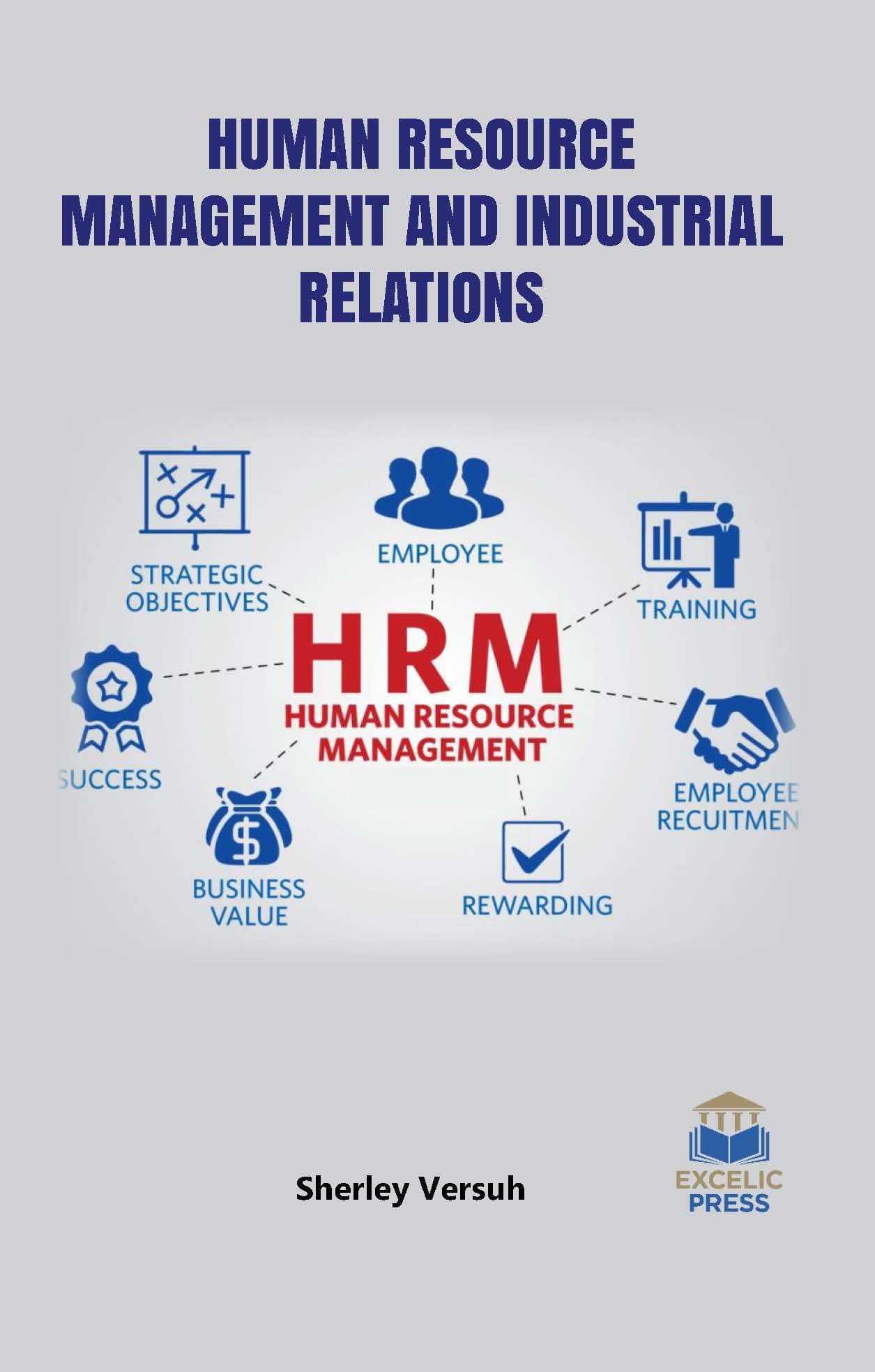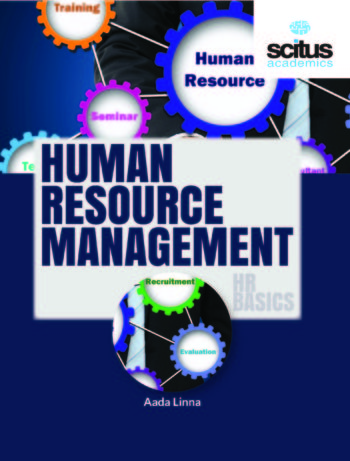The essences of good industrial relation lie in the bringing up of good labor relations, which gives a forum to understand each other (employer, employee) properly. Creates co-operative thinking and working to achieve the goal of the organization. Good Industrial Relations increases the morale of employers and goods them to give their maximum; each thinks of their mutual interest, which paves the way for the introduction of new methods, developments and leading to the adoption of modern technology.
After completing the program, the student should be able to:
1. Differentiate the fundamental characteristics of people, with particular regard to such factors as culture, gender, ethnicity, personality, attitudes, and motivation, and assess the implications of such differences for effective human resource management.
2. Clarify the mechanisms for individual and organizational learning, including ways of enhancing the effectiveness of deliberate learning processes and of overcoming the barriers to productive learning, again with a focus on the significance of learning from the viewpoint of enhancing organizational effectiveness.
3. Recognize the significance of the emergent “psychological contract” in terms of new employer expectations about “added value,” employability, and the factors which will continue to influence the nature of employment in the vast majority of organizations.
4. Apply alternative systems of flexible working to meet fluctuating corporate needs.
5. Accept the obligations of ethicality in governing the actions of managers, employees, and corporate entities.













